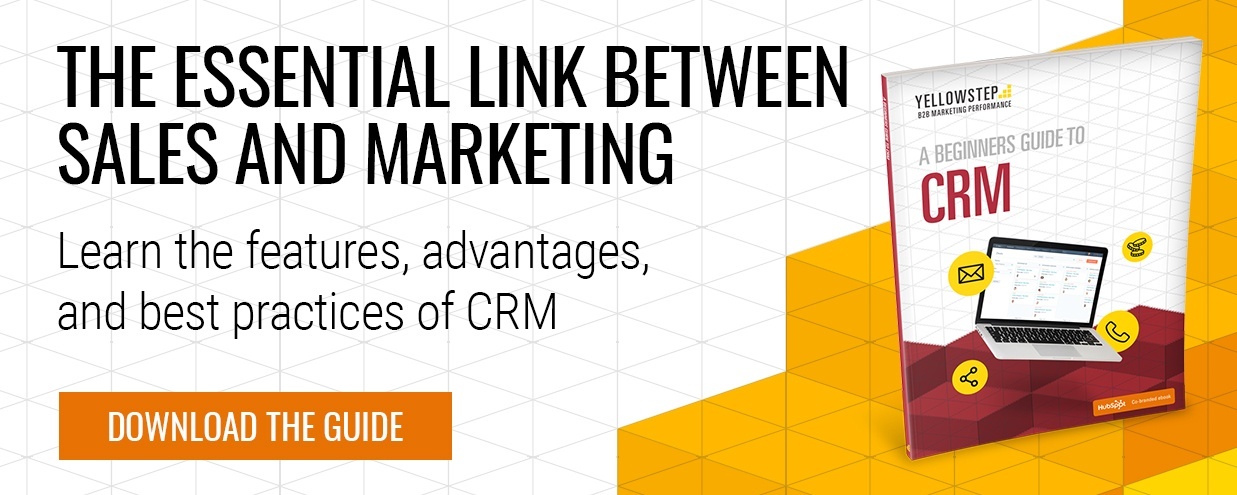The stats are in, and the result is simple for B2B sales and marketing professionals - personalise the user journey or lag behind your competitors.
In Salesforce’s State of Marketing report, 65% of business buyers say they’d switch brands if a company didn’t make efforts to personalise their communications.
With that in mind, we’ve put together six essential pieces of lead intelligence that will empower your sales team. These can be used to increase response rates, tackle user pain points, and build your pipeline with satisfied customers. Take a look:
Website pages visited
According to HubSpot, any repeat action from leads is typically a good indication that you've captivated their interest in some way.
So how great would it be for your sales team to know which product pages, blog posts, and resources they’ve accessed before and after they become a lead?
The salesperson can then pick out the common thread between them all to offer personal advice. You could even set up an automated email to engage return visitors, telling them that you’ve seen their return and if they’d be interested in discussing how you can help.
Resources downloaded
It’s simple: the more resources and offers your lead has downloaded from you, the more engaged they are. Not only that, but they see your brand as a thought leader within the industry - half the battle is already complete.
As long as they are a good fit (and you will be able to find out as long as your forms ask for their ‘work email’ rather than personal), your sales team can follow up to see if they need a hand with their goals.
Budget
This is a great pre-qualifier for your sales team. By adding ‘budget’ to the list of requirements in your forms, your sales team will be able to see who will be serious enough to focus on, or if someone is simply on your website for information only.
Having this piece of lead intelligence will save time and effort for your sales team.
Biggest challenge in their role
If you would have completed adequate enough buyer persona research, you will be aware of your target audience’s most pressing challenges and pain points. But these can vary from business to business and industry to industry.
Why not include a dropdown of common challenges in some of your website forms for the appropriate resources. Your sales team will then be able to model their follow-up based on this information and work on a personalised approach and additional helpful resources.
Organisation type and size
Are your targeting B2C or B2B companies? Hospitality or manufacturing companies? SMEs or multinationals?
Qualifying your target type of businesses beforehand will be a massive time-saver and will make sure your sales team are having the right conversations with the right people. You can use tools such as Hubspot to make sure that you’re rotating your form fields and asking for new information every time.
Location
Including this option in your forms is particularly helpful if you’re mainly targeting a specific geographic location. Anyone that doesn’t hit these should be scored lower and paid less of a priority for your sales team.
Social media information
Paves the way for social selling, especially if the lead is more engaged with using social media as a communication platform rather than email.
Conclusion
Lead intelligence from hubspot will enable you to do many of the important things listed above, including:
- Rotating your form field options to retrieve additional lead intelligence information
- Getting complete transparency over the resources each lead has downloaded, and the pages they’ve visited
- Email automation and workflows
Luckily, their CRM is completely free. Find out the benefits of the Hubspot CRM technology by grabbing our beginners guide to CRM.
 By
By 